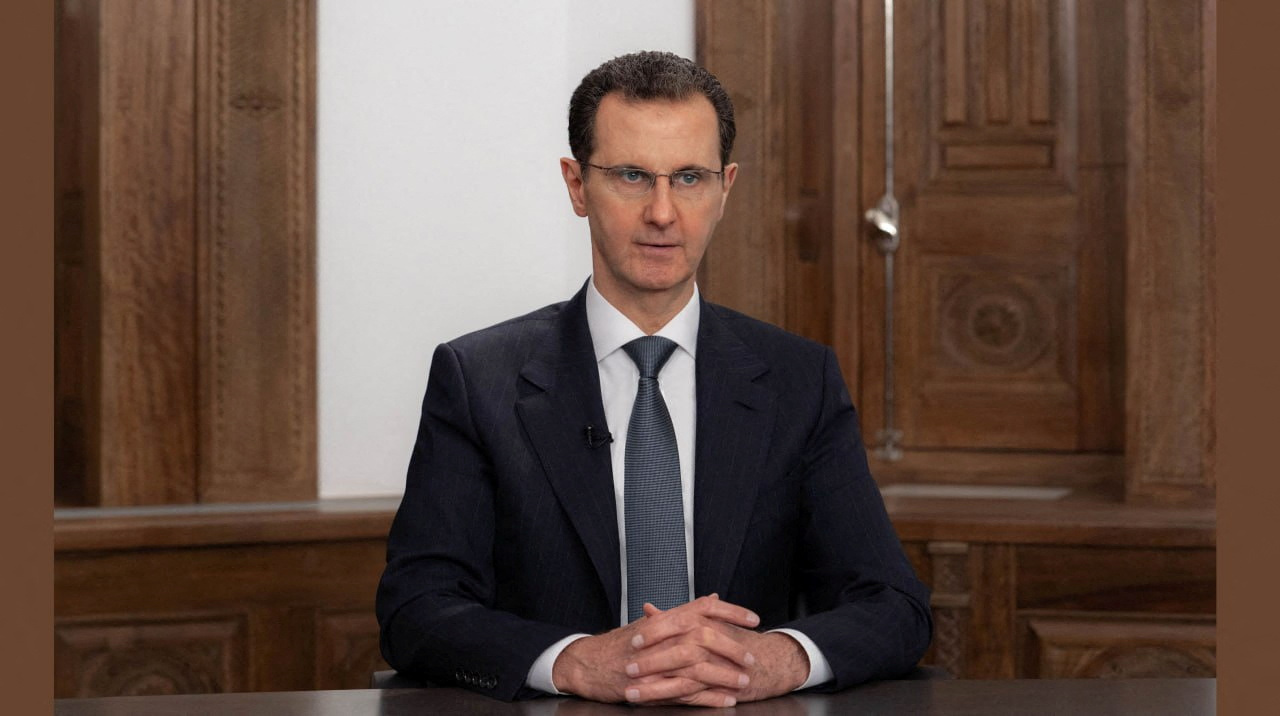
War-torn Syria will reopen its diplomatic mission in Tunisia and appoint an ambassador there, Damascus and Tunis say in a joint statement.
The announcement on Wednesday came after more than a decade of strained ties.
Syria’s decision followed a similar move by Tunisia on April 3 when President Kais Saied instructed his foreign minister to begin procedures to appoint an ambassador to Damascus.
“In response to the initiative of the President of the Tunisian Republic, … the Syrian government … decided to reopen the Syrian embassy in Tunisia and to appoint an ambassador soon,” the joint statement said, according to SANA, Syria’s official news agency.
“Out of both sides’ keenness to restore the Syrian-Tunisian relations to their normal track, consultation and coordination are ongoing between the foreign ministers … to further consolidate the deep-rooted ties of brotherhood binding Syria and Tunisia,” the statement added.
Saied had said last month that he planned to restore diplomatic relations with Syria.

Arab outreach to Damascus
Tunisia’s move is the latest example of Arab outreach to the internationally isolated government in Damascus. Engagement with Syria has gathered pace since it and Turkey were hit by devastating earthquakes in February.
Since the disaster, Syrian President Bashar al-Assad has received calls and aid from Arab leaders, momentum that analysts say he could leverage to bolster regional support.
This year, al-Assad has visited Oman and the United Arab Emirates, which restored ties with Damascus in 2018. Last month, Saudi Arabia said it had started talks with Damascus about resuming consular services.
Tunisia expelled Syria’s ambassador in 2012 over the al-Assad government’s repression of peaceful protesters that triggered more than a decade of civil war. About half a million Syrians have been killed and millions displaced since 2011.
The Syrian government was bolstered when Russia intervened on its side in the war in 2015. It has since regained control over much of the territory it lost in the early stages of the conflict.
The two countries’ diplomatic rupture, undertaken when former President Moncef Marzouki was still in office, was strongly criticised by the Tunisian opposition at the time.
In 2015, Tunisia took a step towards re-establishing relations when it designated a consular representative to Damascus to “follow” the situation of Tunisians in Syria.
Nine Arab countries are set to meet in Saudi Arabia this week to discuss moves to end al-Assad’s isolation.
The Arab League, which suspended Syria in 2011, is expected to hold a summit in Riyadh in May.







